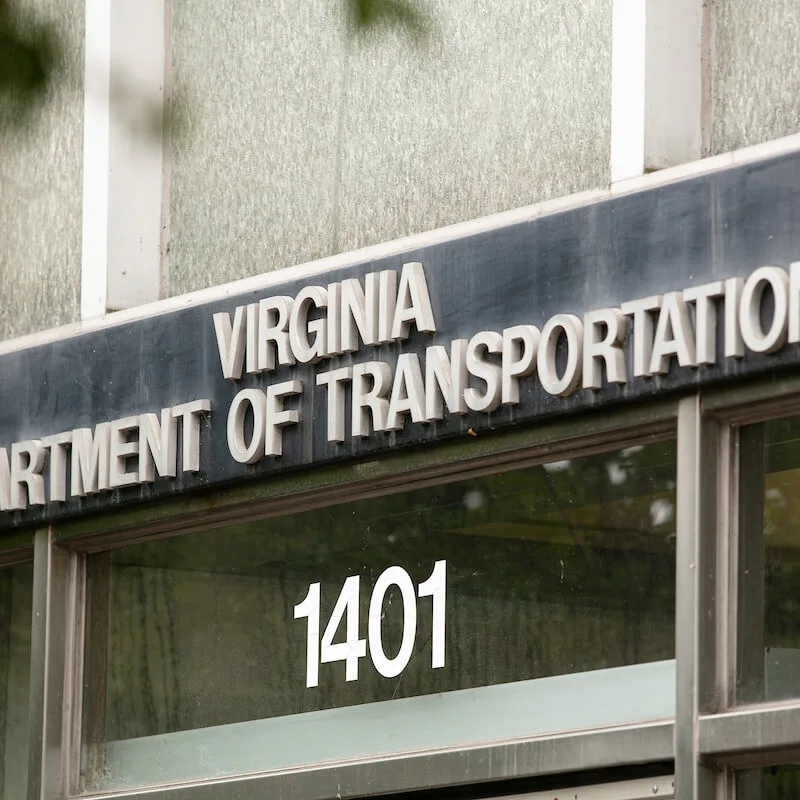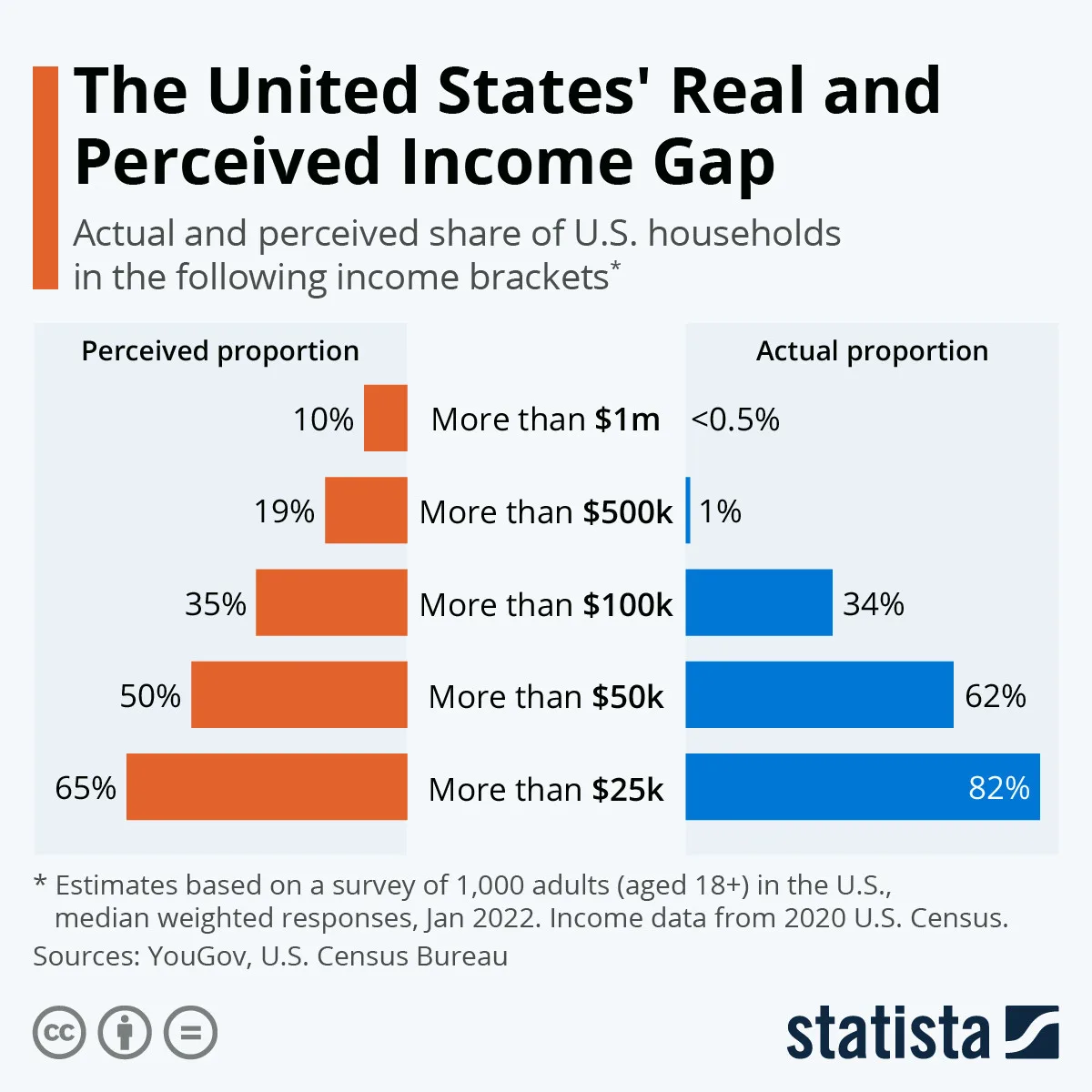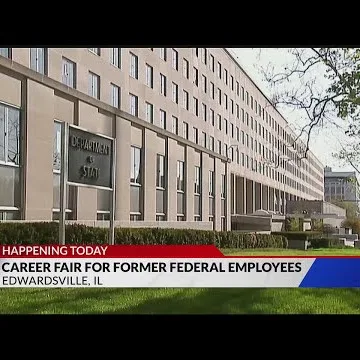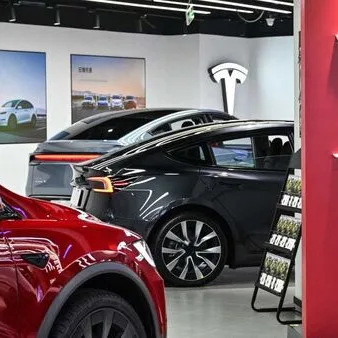On February 28, 2025, a significant movement swept across America as activists called for a boycott against several major corporations, including Amazon, Walmart, and fast-food chains. The economic blackout aims to highlight corporate greed and demand fair wages for workers. Organizers suggest that the boycott could lead to a financial impact of over $1 billion, urging consumers to refrain from shopping at these companies for the day. One prominent organizer, Sarah Johnson, stated, ‘This is our opportunity to stand united and show these corporations that we will not be silent about our rights.’ Support for the boycott has gained traction on social media platforms, with many promoting the hashtag #EconomicBlackout. Stories from individuals struggling to make ends meet have fueled momentum, with many expressing discontent over low wages and poor working conditions. In a Facebook post, local activist James Thompson shared, ‘Every dollar spent at these corporations is a dollar taken away from our communities.’ The boycott is set to coincide with a larger rally in Washington, D.C. on the same day, intended to further amplify the voices of those advocating for economic justice. Economists suggest that if successful, this boycott could force companies to re-evaluate their pricing strategies and labor practices. As the date approaches, participation levels are being closely monitored, with activists hopeful that their message will resonate nationwide.
Understanding the February 28 Economic Blackout: A Nationwide Boycott Against Major Corporations











